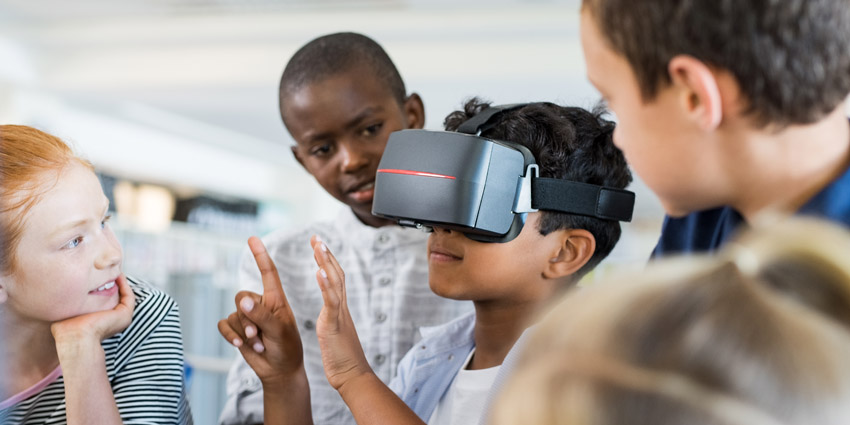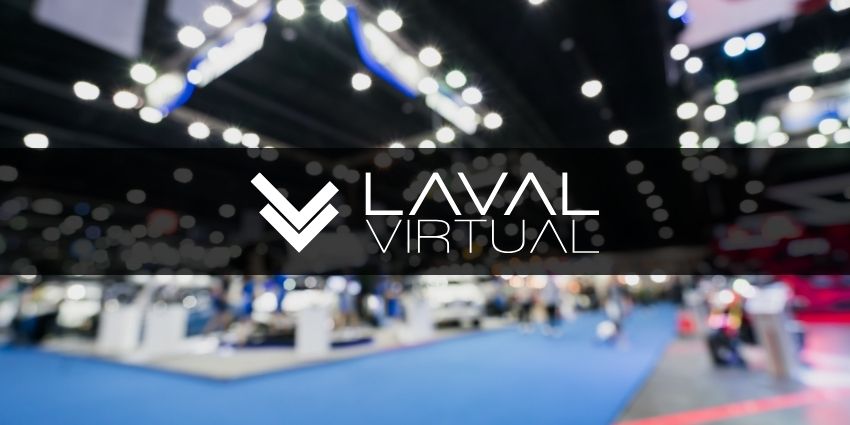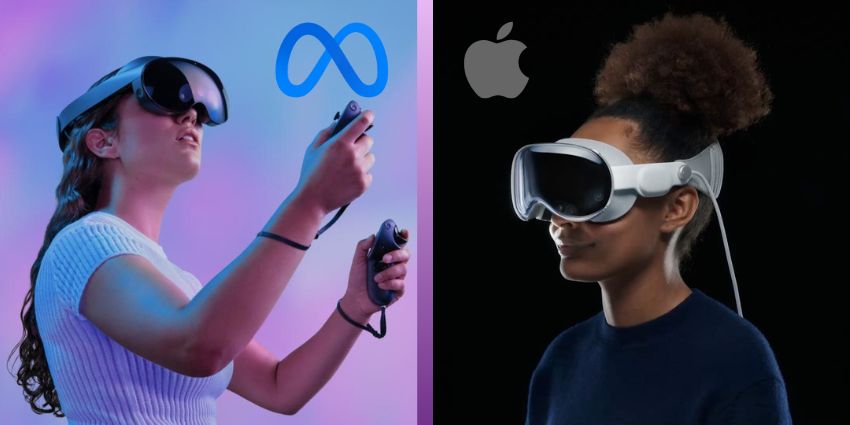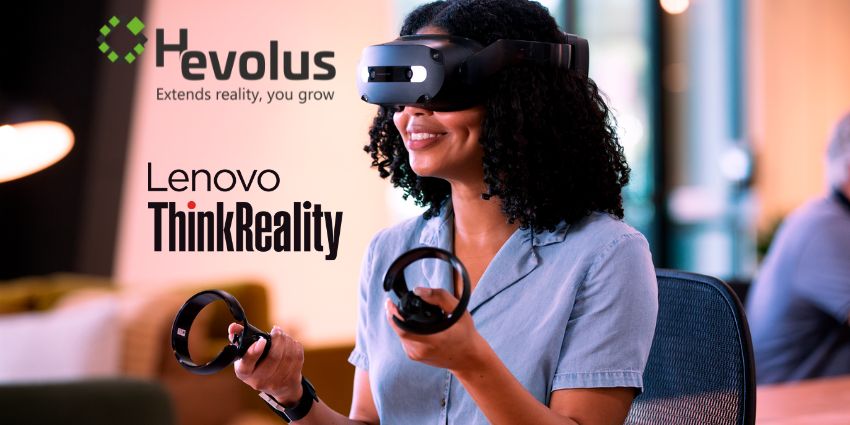54 percent of teachers and 41 percent of parents want an increased presence of virtual reality (VR) and augmented reality (AR) solutions in the classroom, research from a Lenovo survey revealed.
The figures come after research from the Chinese tech giant found 70 percent of teachers and parents said children had gained critical professional skills due to the remote learning push amid COVID-19.
The research, cited by Education Technology, surveyed 500 teachers and 2,000 parents with children aged from four to 16, leading Lenovo to determine changes educators wanted in the classroom.
Such findings marked an increased focus on online and on-campus approaches to learning in the coming years, confirmed by 54 percent of teachers and 47 percent of parents in the survey.
Ellie Wilkinson, a Primary School Teacher in Oxford, said that schools would have to implement many types of technologies in the classroom following the pandemic.
Rich Henderson, Director of Global Education Solutions at Lenovo, added the such adoptions had “accelerated digital transformation at warp speed.”
He added:
“As a result, schools and the edtech industry need to utilise key learnings from the pandemic to maximise the capabilities of technology to improve online learning”
The global tech industry should work with schools to boost accessility as well as the impact of technology investments, he concluded.
Lenovo VR Education Programme
The findings come as Lenovo prepares to launch its Digital Education Equity Programme aimed at donating equipment, money, training, and other resources to schools.
The Beijing-based firm also cited figures from a study, which found that VR education could help students retain information up to 75 percent compared with 10 percent of read facts.
The news comes after companies such as China’s DPVR had developed solutions aimed at facilitating immersive training experiences or ‘shared VR classrooms’ for educators of young learners.
Additionally, XR Today reported Immersive VR Education, a VR learning platform developer, announced it had received 3 million Euros from US tech giant HTC, with the funds helping developers to improve the Irish firm’s ENGAGE platform as well as increase production for use in classrooms globally.
David Whelan, CEO of VRE, said at the time the ongoing COVID-19 pandemic would “catalyse” workplace practices as travel for firms was significantly limited.
According to the report, education was one of the worst-affected industries hit by COVID-19, and HTC’s investments would work to support growing trends in VR education set to take place in the coming year.







